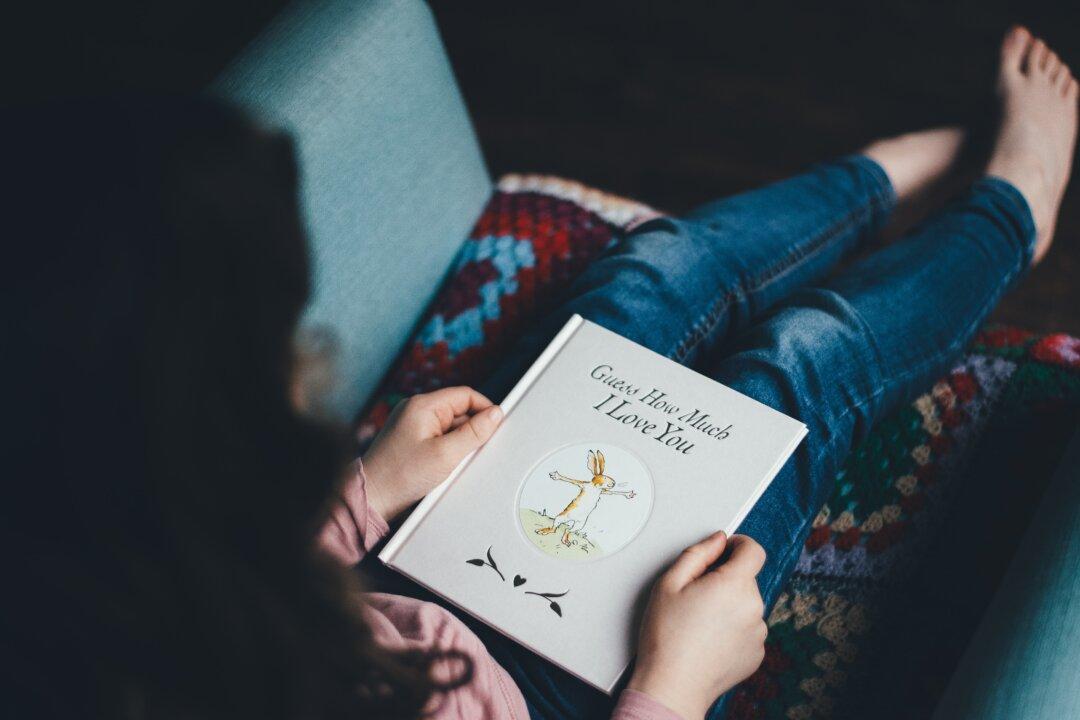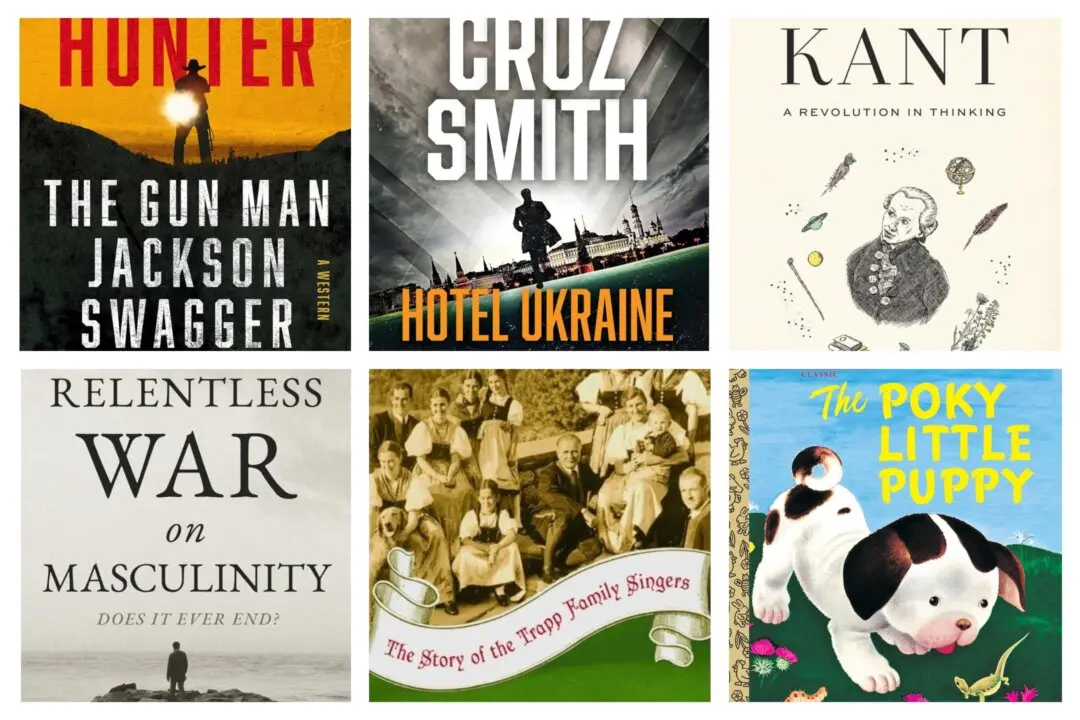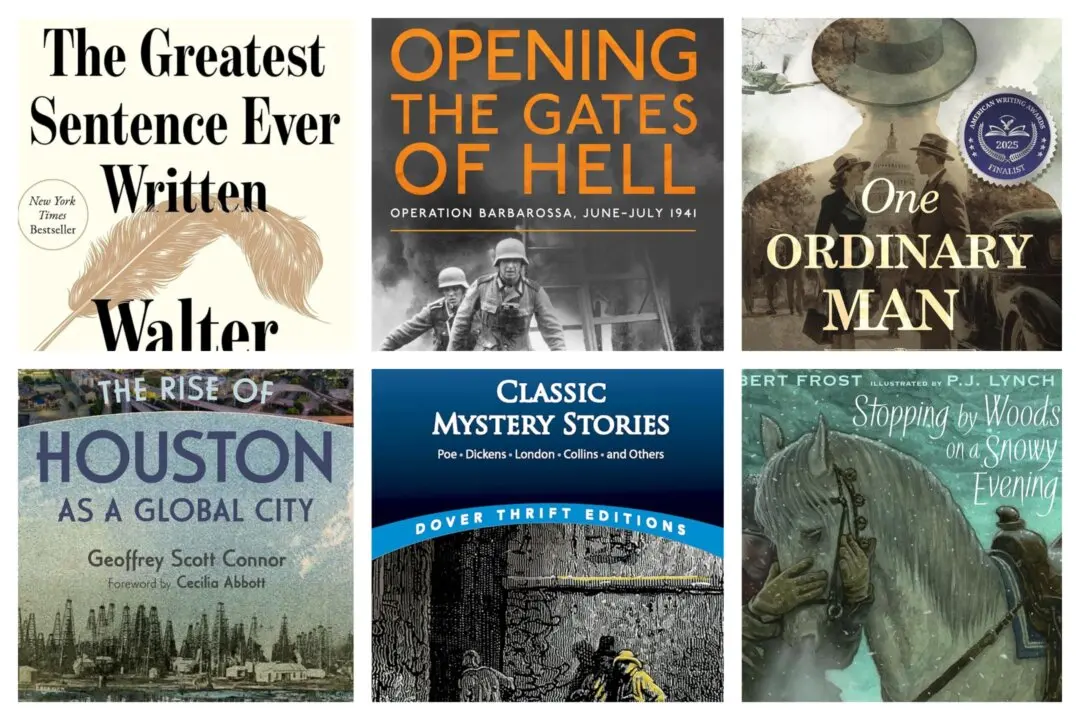Parents looking for high-quality literature for their children’s library may find navigating the bookstore challenging. The great thing about introducing children to literature is that, no matter when a book was originally published, it’s all new to them. A parent isn’t limited to only the modern day’s best-sellers. This also means, though, that the options are nearly endless.
So, how does one go about finding the best books for one’s children? Well, I went to the experts—other parents—to find out how they look at the importance of keeping books in their home and curating a library for their kids.






